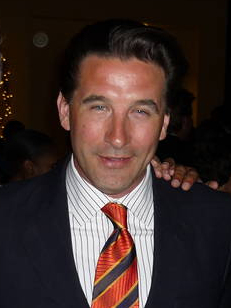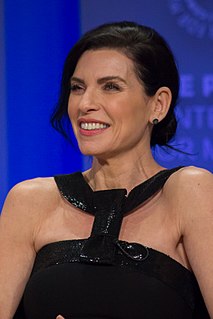A Quote by Susan Sarandon
If you walk down the street and see someone in a box, you have a choice. That person is either the other and you're fearful of them, or that person is an extension of your family.
Related Quotes
When you walk in your home you don't have to maintain the same attitude that you had out in the street. You can be different with your people and your family than you are with a person that you run into in the hood. Even them they have to know to respond to you differently in the hood cuz if people see something out of the character that they portray you. They'll try you.
Any Black person in amerika [sic], if they are being honest with themselves, have got to come to the conclusion that they don't know what it feels like to be free. We aren't free politically, economically, or socially. We have very little power over what happens in our lives. In fact, a Black person isn't free to walk down the street. Walk down the wrong street, in the wrong neighborhood at night, and you know what happens.
If you are walking down the street, camera in your hand, loaded and ready to shoot. You see a person falling from a high building, either having fallen or jumped. That person is falling through space. You don't shoot that photograph unless the theme you are working on has to do with the effects of space on the human figure. If you simply photograph that event because it is an event that is happening, you're doing photojournalism.
A person is either himself or not himself; is either rooted in his existence or is a fabrication; has either found his humanhood or is still playing with masks and roles and status symbols. And nobody is more aware of this difference (although unconsciously) than a child. Only an authentic person can evoke a good response in the core of the other person; only person is resonant to person.
A person is a person through other persons. None of us comes into the world fully formed. We would not know how to think, or walk, or speak, or behave as human beings unless we learned it from other human beings. We need other human beings in order to be human. I am because other people are. A person is entitled to a stable community life, and the first of these communities is the family.
When you first time you fall in love, you think that is going to be your whole life project, loving someone. It burns your brain, you kind of become blind, the moment you see the person you're in love with you want to see that person again and again and again, kiss that person, hug that person. You turn blank to the rest of the world.
If you are not being bullied all I would say - cause I like to talk about the other side of it as well - is you know, be someone that nurtures, and if there's someone in your class that maybe doesn't have a lot of friends, be the person that sits with them in the cafeteria sometimes; be the bigger person.
When the psychiatrist approves of a person's actions, he judges that person to have acted with "free choice"; when he disapproves,he judges him to have acted without "free choice." It is small wonder that people find "free choice" a confusing idea: "free choice" appears to refer to what the person being judged (often called the "patient") does, whereas it is actually what the person making the judgment (often a psychiatrist or other mental health worker) thinks.



































